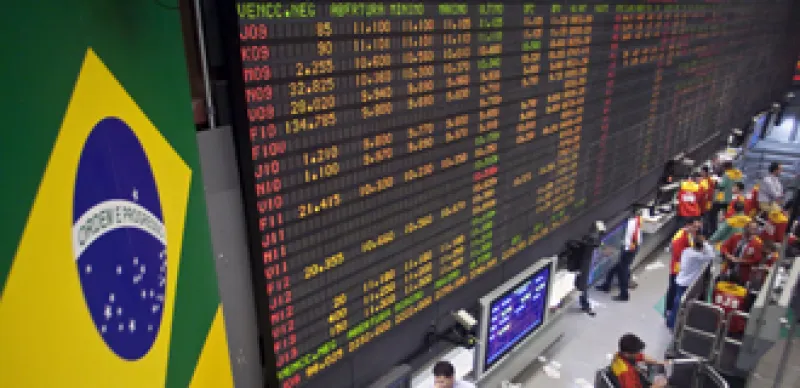
Brazil’s Stellar Returns Attract Global Private Equity Players
A strong economy and a corporate sector rich in targets are fueling a surge in buyout activity in the country.
Jason Mitchell
March 15, 2011


